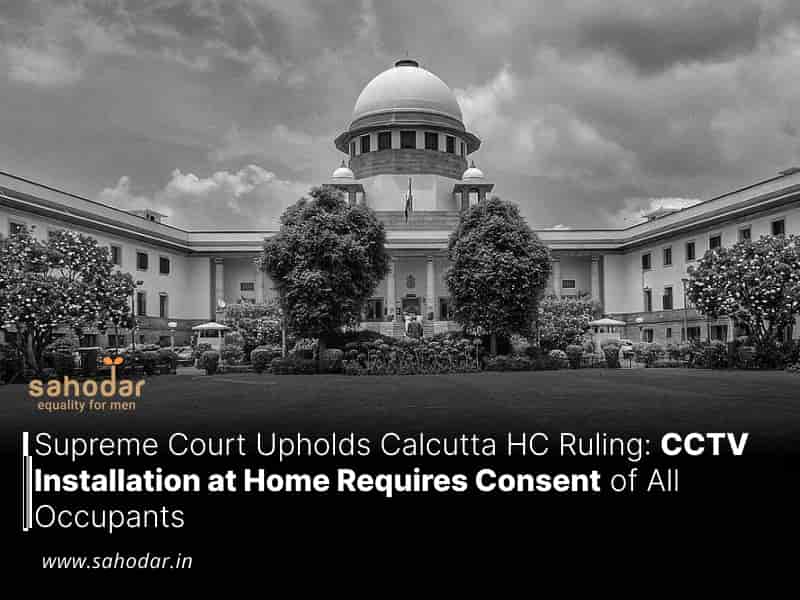On May 9, the Supreme Court declined to interfere with a Calcutta High Court ruling that held CCTV cameras cannot be installed in a shared residence without the consent of all occupants.
A bench comprising Justices Dipankar Datta and Manmohan dismissed the Special Leave Petition challenging the High Court’s decision.
The case arose from a dispute between two brothers, where one objected to the other’s unilateral installation of CCTV cameras in the residential portion of their jointly owned property. The cameras were allegedly intended to monitor valuable collections and ensure the security of rare antiques stored in the house.
The High Court ruled that placing CCTV cameras within the residential area of a dwelling without the consent of co-occupants or co-trustees constitutes a breach of their right to privacy.
This decision was delivered by a division bench comprising Justices Sabyasachi Bhattacharya and Uday Kumar.
“In Justice K.S. Puttaswamy (Retd.) and Anr. vs Union of India, AIR 2017 SC 4161, the Supreme Court has ruled unanimously that the right to privacy of every individual is guaranteed and protected by Article 21 of the Indian Constitution, as it is an intrinsic part of the right to life and personal liberty. The dignity, autonomy and identity of an individual shall be respected and cannot be violated in any condition. The right to privacy is also recognized as a fundamental right in International Covenant on Civil and Political Rights. This right is fundamental to protect the inner sphere of the individual.
Therefore, we are of the view that installation and operation of CCTV cameras inside the residential portion of dwelling house without the consent of co-trustee/appellant would amount to restrictions in his right to free enjoyment of property, and violation of the appellant’s right to privacy.’
Accordingly, the High Court ordered the removal of five CCTV cameras installed within the residential area, as they were found to infringe upon the appellant’s right to property and dignity.

